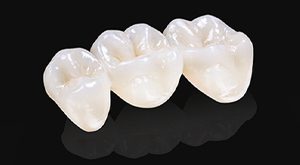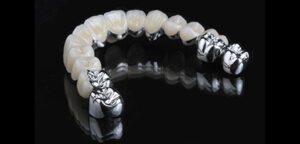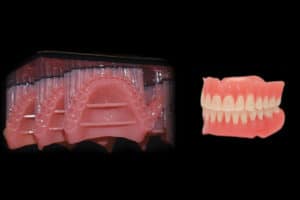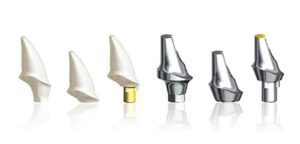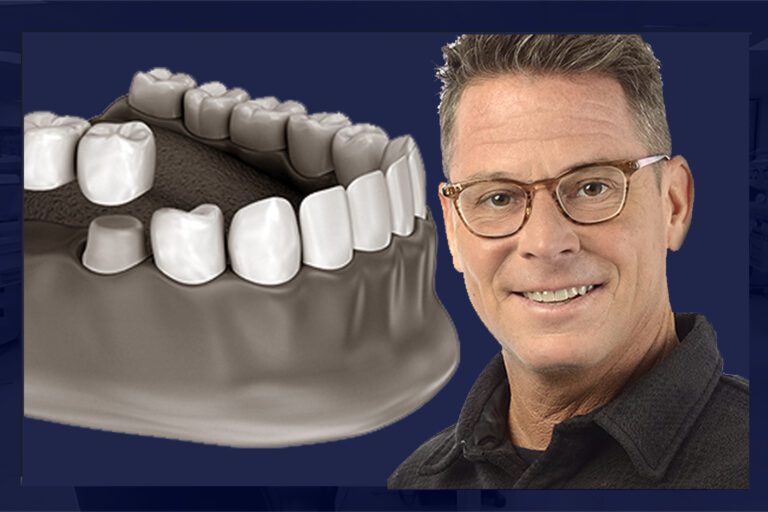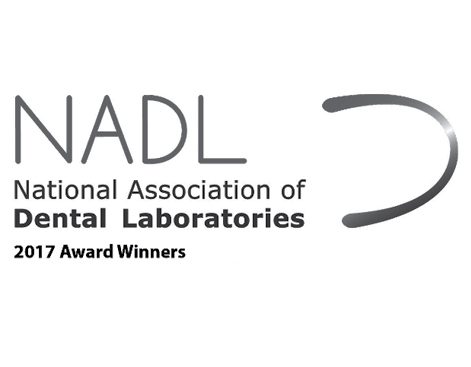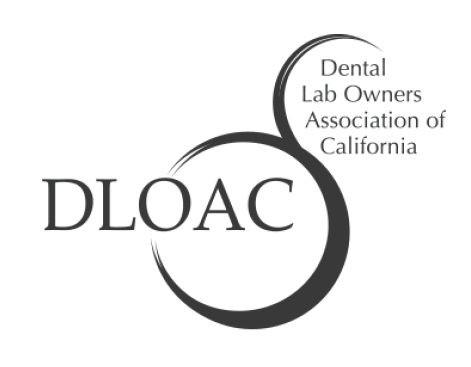What is the modern material for dental implants?
Most dental implants are fabricated out of Titanium to very specific and accurate tolerances. Titanium has been used as the material of choice for over 35 years and has proven to be the material of choice due to the long term success they have shown and the fact that Titanium is very biocompatible. Some implants are coated with Hydroxyl apatite (What bone and teeth are made of) in hopes that they will fuse, or integrate, sooner and more thoroughly when placed in bone, but most studies suggest that it not necessary.
In the last few years, monolithic Zirconium-oxide implants have been introduced as an alternative to Titanium for those concerned about the metal used with the Titanium implants. Although these look promising, as with all new products, long term testing and stability is still necessary to state that they can truly be an ideal alternative for titanium implants.
Watch: Successful Implant Solutions
What materials are dental implants made of?
The crown, or cap, is attached to the implant itself by means of an “abutment”. The abutment is screwed into the implant itself, usually after the implant has integrated to the bone. The abutment can be made out of metal, Zirconium-oxide, or a combination of the two. Although metal has provided an excellent option for many years, the fact that it is dark in color limits what material the crown can be made of. Usually metal abutments are utilized in the back of the mouth and then the overlying crown is either a metal-reinforced crown or an opaque all-ceramic crown. In the anterior of the mouth, where the esthetic and natural-appearance of the final result is paramount, usually a tooth-colored zirconium-oxide or a zirconium-oxide overlaid on a titanium base is used. This abutment allows for the use of a very translucent and more natural appearing all-ceramic crown is utilized and will provide the best esthetic results.
How Strong are the crown on dental implants?
When planned properly and all steps are done correctly, the crown on top of the implant is equally as strong and possible even stronger and more durable than natural teeth. Normal chewing and function can certainly be done just as if the implant was a natural tooth. If an all-ceramic crown was used over the implant, there is always a chance of chipping or breaking that crown just as you can a natural tooth. Chewing ice, biting finger nails, and chewing on items not intended to be eaten should always be avoided with implant crowns, non-implant crowns, and even your natural teeth.

